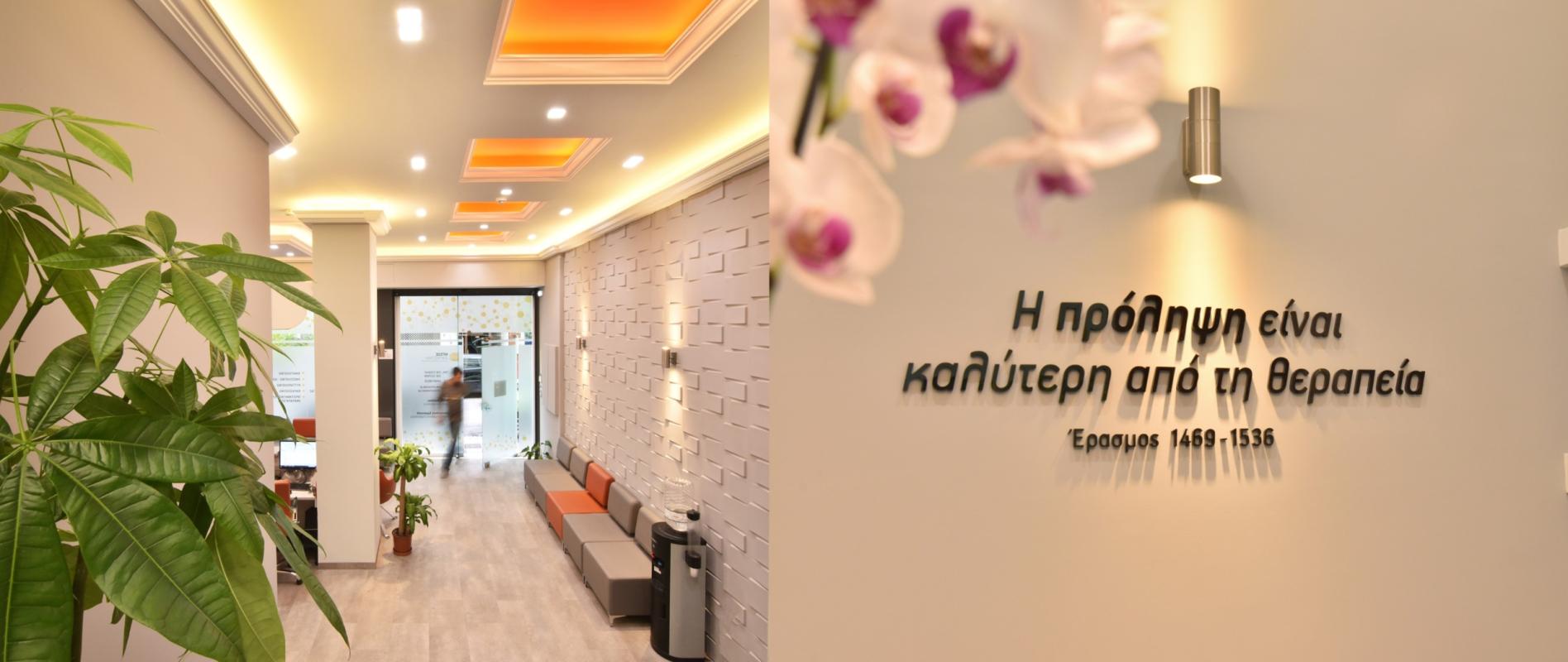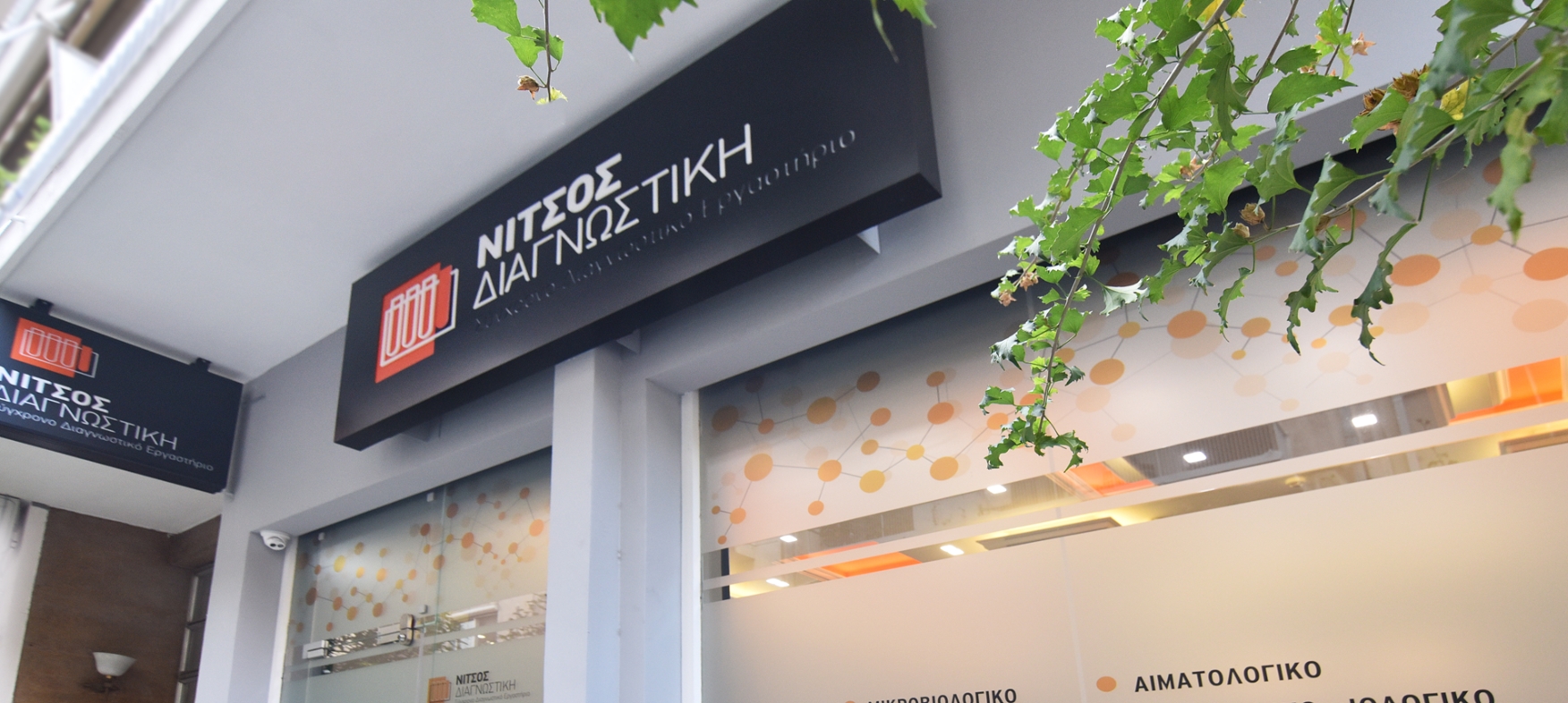Results are available within one working day of specimen collection.
A method of high sensitivity and specificity, approved by the World Health Organization (WHO) with CE-IVD certification, is applied.
The specimen shall be collected from an upper respiratory smear (nasopharyngeal or oropharyngeal smear). The collection is performed in a designated collection kit provided by our laboratory.
RNA isolation and detection of SARS-CoV-2 virus are performed from the collected sample by One Step qRT-PCR through the use of a kit. The kit can detect SARS-CoV-2 virus, which causes COVID-19 infection, by targeting two areas in the E and N genes which are specific for the virus under investigation, according to the recommendations of the World Health Organization. The sensitivity of the method is ≥10 copies of SARS-CoV-2 virus per reaction.
According to the recommendations of the World Health Organisation, specimens from the lower respiratory system (e.g. bronchoalveolar lavage) shall be considered suitable as a priority. If examinees do not show symptoms or signs of lower respiratory tract infection or if lower respiratory tract specimens cannot be obtained, clinical specimens from the upper respiratory tract should be collected.
Coronaviruses are a group of RNA viruses that cause respiratory infections of varying severity in humans and animals. It is estimated that about one third of upper respiratory tract infections in humans may be caused by coronaviruses. Most people are infected by coronaviruses at least once in their lives, with mild to moderate symptoms of common cold. They are named after the glycoprotein spikes that surround their surface like a crown and serve to attach to tissues and enter cells.
COVID-19 (Corona Virus Disease - 19), caused by the novel SARS-CoV-2 (Severe Acute Respiratory Syndrome Coronavirus-2) coronavirus, was initiated in December 2019 in the Yuhan region of China and has since spread almost worldwide. It is a new variant of coronavirus, not previously detected in humans.
For your appointment, please call 210 7217999 or send us your request here.




